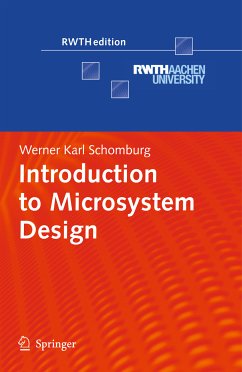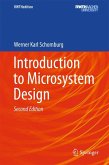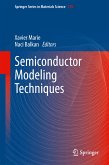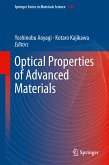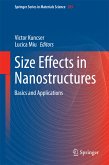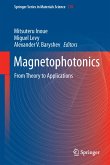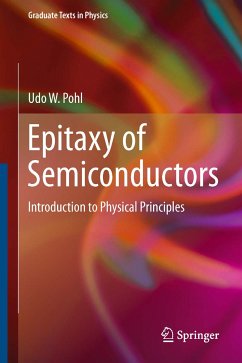The book describes the design of micro systems systematically as well as the equations needed for an estimation of the basic elements. It can be used without knowing fabrication processes of micro systems and provides the basic equations needed to calculate the effects and forces which are important in micro systems. For quick reference equations are presented in tables which are found in an index at the end of this book.
Dieser Download kann aus rechtlichen Gründen nur mit Rechnungsadresse in A, B, BG, CY, CZ, D, DK, EW, E, FIN, F, GR, HR, H, IRL, I, LT, L, LR, M, NL, PL, P, R, S, SLO, SK ausgeliefert werden.

